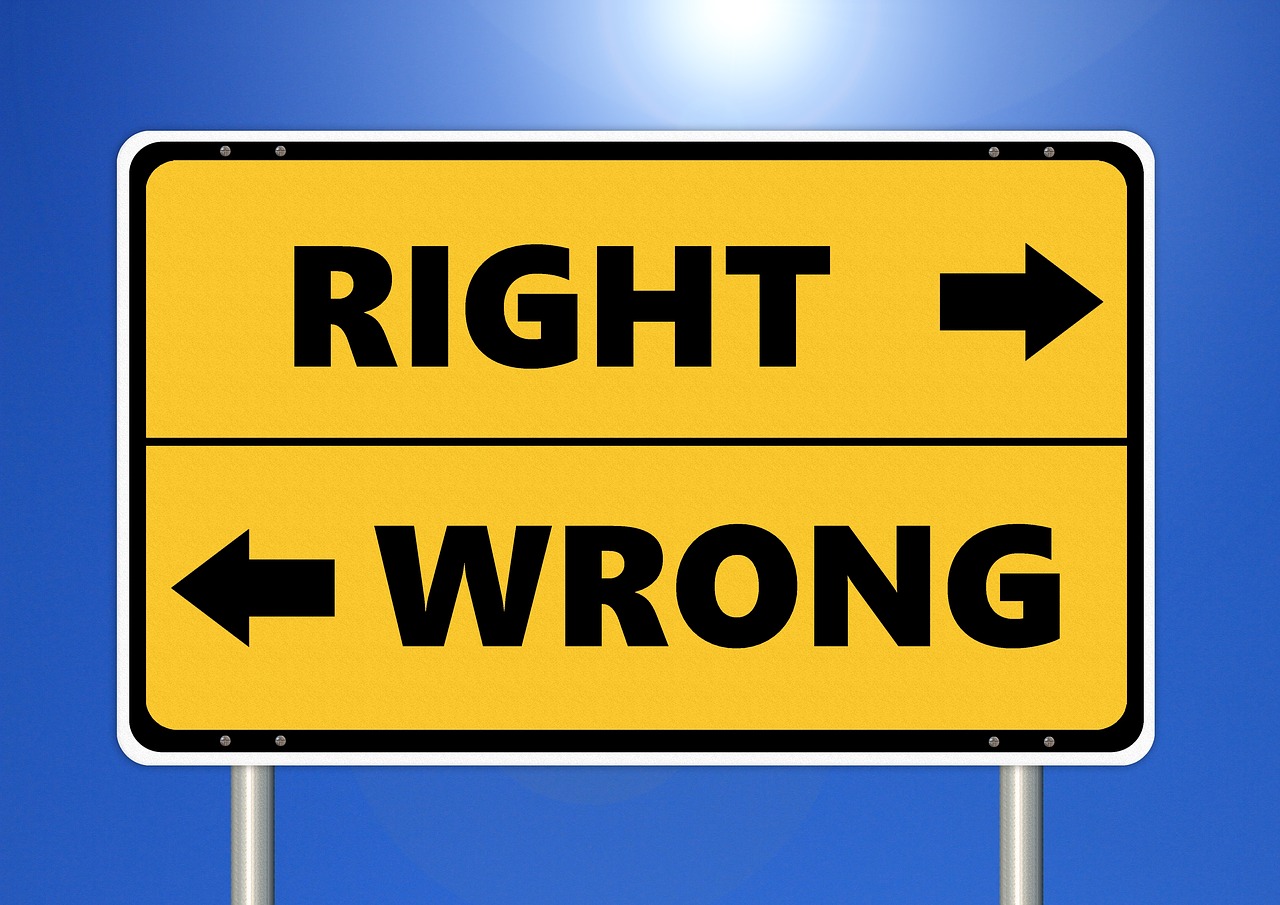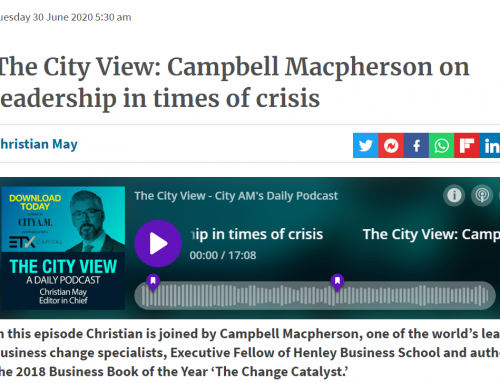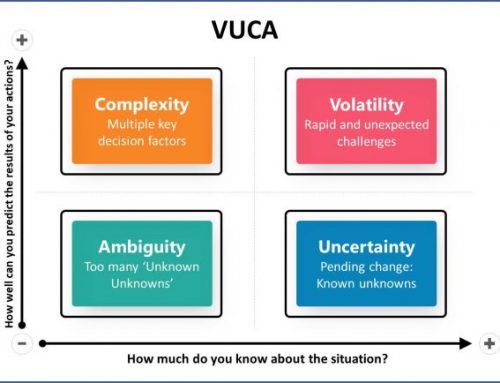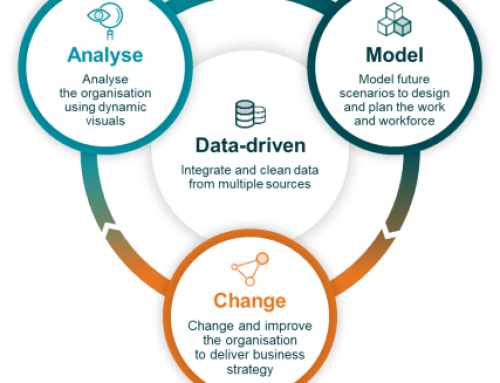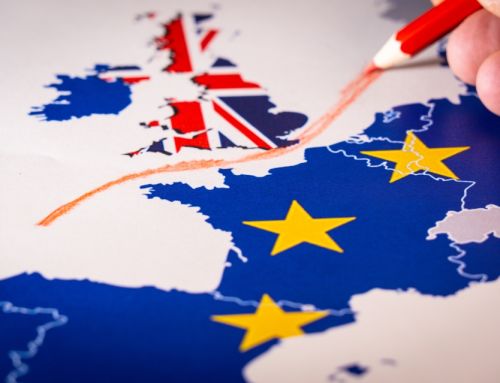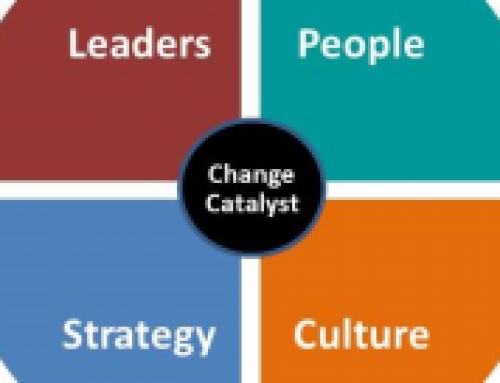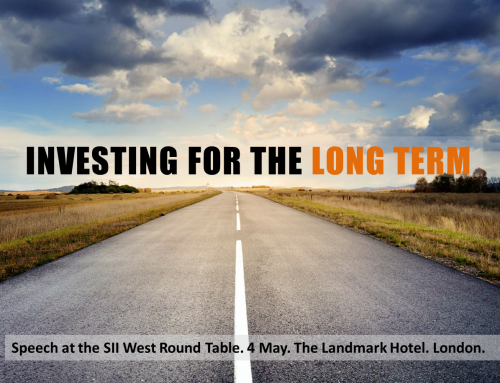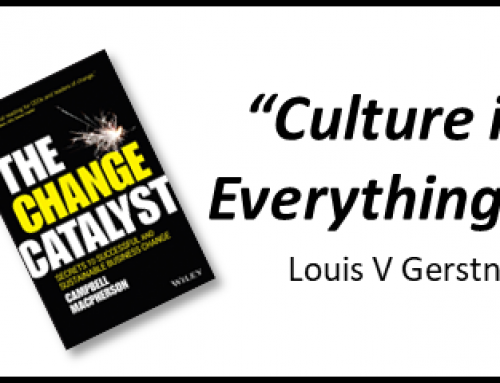Why are Facebook and Starbucks becoming ‘Responsible Capitalists’? Because it is good for business.
This is a summary of a 5000-word essay “Responsible Capitalism: Why change is necessary and what we can do about it.” Download the full essay here.
Capitalism is at a cross-roads. If we don’t change the way we operate, we may be forced to do so by a disillusioned public, strengthened regulators and newly elected, empowered governments.
This may sound a little far-fetched and a tad alarmist, but it isn’t. For the simple reason that today’s form of capitalism delivers for the few, not the many. Workers’ wages have not kept pace with corporate productivity for the last 40 years; and forty years on, the gap is very wide indeed. Income equality in the West has become unconscionably high: the average Dow Jones CEO now earns as much in a day as their average worker earns in a year. Wealth inequality is even more dramatic – and inequality can be fatal. Rich Americans live 15 years longer than poor Americans. The gap in the UK is 9 years. Meanwhile, the 2008 recession hit the innocent the hardest as living standards of the average earner went backwards while share indices soared to all-time highs.
Shareholder value and executive remuneration are the main areas of focus for most corporations. Even many of those with a ‘customer first’ mind-set seem to regard the needs of employees, suppliers, partners and the community in which they operate as secondary priorities. This needs to change.
Our largest corporations are becoming more powerful than governments and work hard to avoid tax. Multinational corporations are also sitting on enormous mountains of un-deployed capital whilst they prop up their share prices with share buy-back schemes. Meanwhile, governments are racking up eye-watering debts as they struggle to fund the needs of an ageing population. The impact of the ‘Fourth Industrial Age’ of AI and advanced automation will exacerbate the situation. Many predict that 50% of today’s jobs will be replaced by computers within the next decade. Where will the money come from to fund a growing population that is older, living longer and working less?
Have Facebook and Starbucks seen the light? Two multinationals at least appear to be changing. After paying just 4% UK corporate tax in 2015, Facebook has declared that it will start booking British sales in the UK. It has also said it will extend the UK policy to the rest of the world. Starbucks became UK Public Enemy Number One in 2012 when it was revealed that it had paid just £8.6m in corporate tax on £3bn worth of sales over its first 14 years of trading. But as a result of public pressure, they changed and from 2015 onwards, Starbucks has closed down tax avoidance subsidiaries and has been paying its full share of UK tax.
But it isn’t only a matter of paying tax. As governments become increasingly impotent, corporations will need to step up to fill the gap.
A business does not exist purely to make a financial profit; nor does it exist solely for the benefit of its executives and shareholders. Responsible Capitalism recognises the synergistic value of addressing the needs of the entire ecosystem in which the business operates.
Irresponsible capitalism is bad for business – just ask Uber.
On the 22nd September 2017, Transport for London announced that Uber’s licence to operate in London would not be renewed, stating that Uber was not fit and proper to hold a private hire operator licence. “Uber’s approach and conduct demonstrated a lack of corporate responsibility which could have potential public safety and security implications,” said the TfL statement.
It appears that this dramatic move was the only way for TfL to take their concerns seriously. Addressing the regulator’s concerns about customer safety and allegations of assault was evidently not regarded as an important part of the Uber culture. If the company wishes to remain operating in London, this will need to change. The European Court of Justice has now declared that Uber is taxi company rather than an app, meaning it will now have to act responsibly and pay attention to the regulators of every European city. The sad thing is that actually they tried to fight this. These latest blows to Uber come on top of allegations of sexism in their head office and poor treatment of drivers in many cities around the world. The customer experience may be brilliant but Uber seems to have all-but-ignored the other stakeholders of the ecosystem in which they operate.
Responsible Capitalism is good for business.
Corporation’s need successful markets in order to be successful themselves. They need enabling infrastructure and an environment that aids success. They need customers that are willing and able to spend. They need their suppliers to be successful. They need their partners to be successful. They need their employees to be successful.
A decade ago, the tenets of ESG (Environmental, Social and Governance) were new ideas for institutional investors – and let’s face it, very few asset managers took it seriously. That has changed. The UN’s Principles for Responsible Investment was launched in April 2006 at the New York Stock Exchange with 100 signatories. Since then the number of signatories has grown to over 1,600. Norway’s $1 Trillion Sovereign Wealth Fund leads its sector in this regard – offloading coal assets and other environmentally-damaging stocks and steering clear of companies who only list non-voting shares. ESG is no longer a “nice thing to do”; it is at the core of institutional investment strategies.
Graduates now select prospective employers for their CSR and ESG credentials. Millennials in particular only want to work for companies that make a positive difference to the world in which they operate. They also only want to invest in businesses that are ethical and sustainable. As they start to inherit the Baby Boomer’s wealth, Millennials will move their money accordingly. This will be the largest inter-generational wealth transfer that the world has ever seen. Are we ready?
So what does Responsible Capitalism look like?
Responsible Capitalism is the art of leading and managing organisations in a manner that is sustainable and for the benefit of all stakeholders, not just the executives and shareholders.
This means …
- A clear strategy, strategic rationale and sustainable business model.
- Long term thinking, planning and actions
- Responsible Capitalists understand the value of culture.
- Responsible Capitalists treat their employees how they would like to be treated themselves, understanding that their employees:
- May also be customers
- Are the company’s most effective PR conduits
- Deliver the company’s customer experience
- Are the only ones who can deliver the strategy
- Are humans, not resources
- Responsible Capitalists add value to the communities in which they operate.
- Responsible Capitalists invest in their business.
- Responsible Capitalists ensure their executives are accountable
- Responsible Capitalists treat suppliers the way they would like to be treated.
- Responsible Capitalists adopt a win:win attitude
Are you a Responsible Capitalist?
How can we help? Get in touch for details of our Responsible Capitalism Programmes – from Responsible Capitalism Reviews to Leading Change Workshops and Change Readiness Reviews, we can tailor a programme to suit your business.
(Download the full paper here)
Campbell Macpherson

